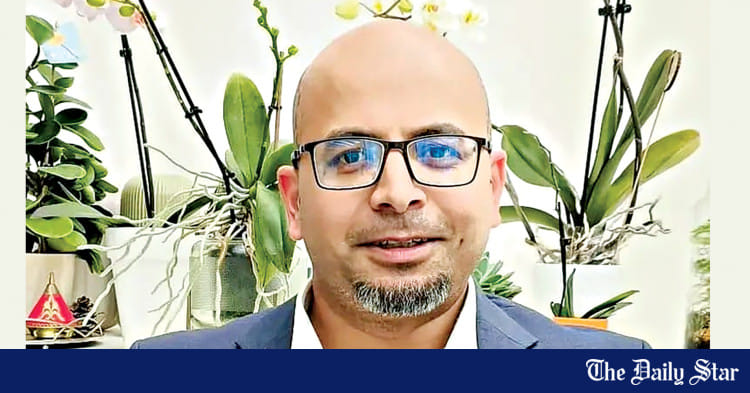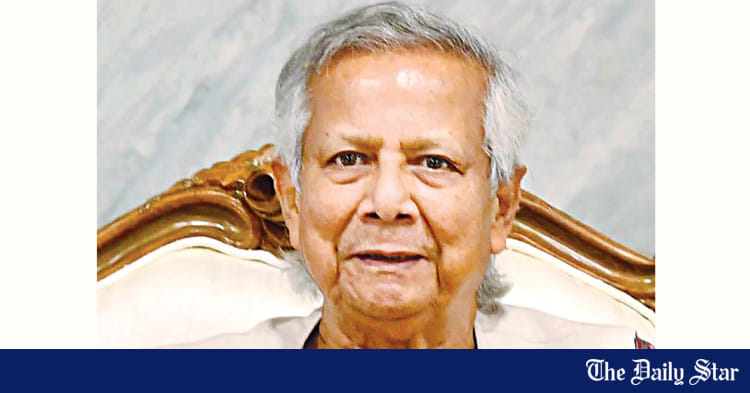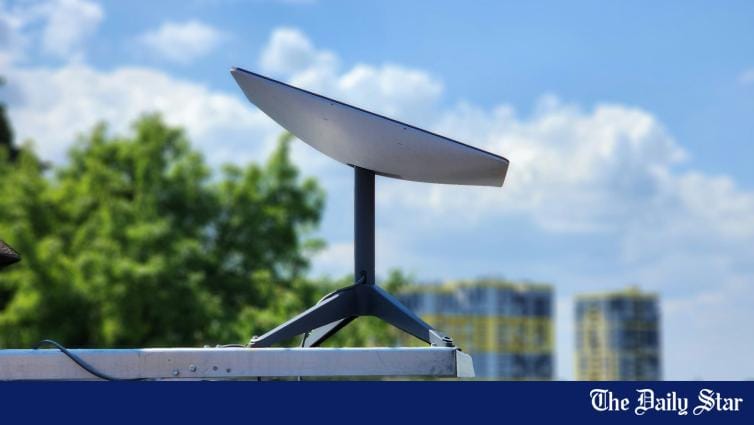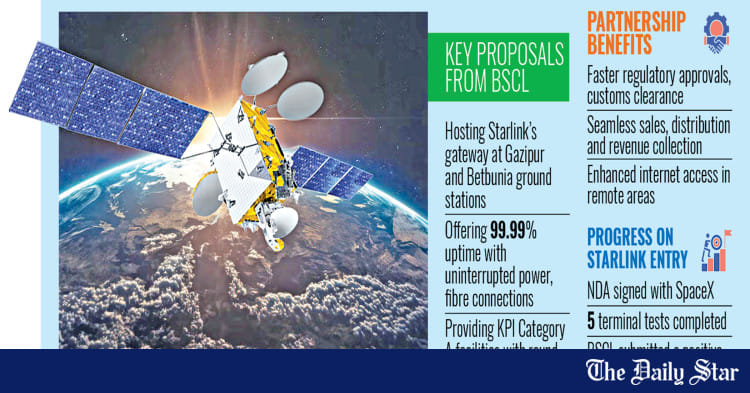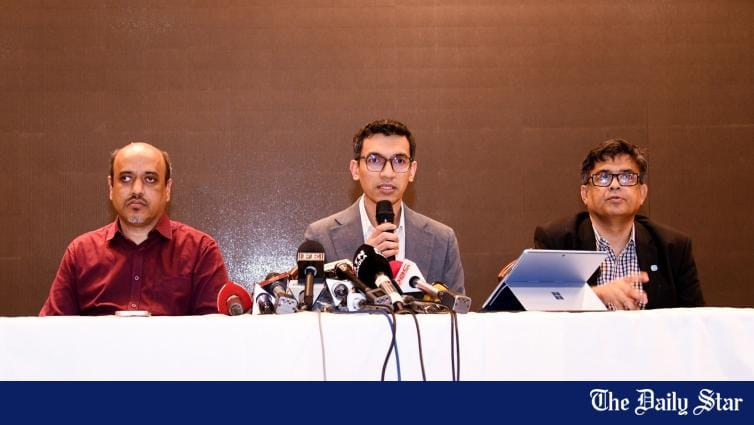Saif
Senior Member
- Joined
- Jan 24, 2024
- Messages
- 17,262
- Likes
- 8,334
- Nation

- Residence

- Axis Group


ISPAB likely to appoint overseer
The Internet Service Providers' Association of Bangladesh (ISPAB), one of the five major IT-related commercial organisations along with BCS, e-CAB and BASIS, is now set to appoint an administrator. Despite a year in office, the current executive committee's announcement of a new election date has
ISPAB likely to appoint overseer
FE REPORT
Published :
Mar 07, 2025 08:24
Updated :
Mar 07, 2025 08:24

The Internet Service Providers' Association of Bangladesh (ISPAB), one of the five major IT-related commercial organisations along with BCS, e-CAB and BASIS, is now set to appoint an administrator.
Despite a year in office, the current executive committee's announcement of a new election date has not resolved the issue.
Following an application from an ISPAB member, commerce ministry is organising a hearing on March 09 to discuss the dissolution of the incumbent committee and the appointment of an administrator.
A letter from the ministry's commercial organisation-02 (DTO) has been sent to committee chairman Emdadul Haque, office secretary Md Asaduzzaman, director Fuad Mohammad Sharfuddin, and members Talha Ibn Alauddin and Md Mizan, notifying them of the hearing.
Mr Haque confirmed receiving the letter, mentioning that the next ISPAB election was already scheduled for May.
"Some people have tried to make the election controversial, and they might have sought an administrator for ISPAB," he said.
Signed by deputy secretary Shukria Parveen, the letter requires the mentioned individuals to appear before the WTO director general, the registrar of the Joint Stock Companies and Firms, and the FBCCI administrator.
On February 06, the election schedule for the ISPAB's 2025-2027 executive committee was sent to members.
FE REPORT
Published :
Mar 07, 2025 08:24
Updated :
Mar 07, 2025 08:24
The Internet Service Providers' Association of Bangladesh (ISPAB), one of the five major IT-related commercial organisations along with BCS, e-CAB and BASIS, is now set to appoint an administrator.
Despite a year in office, the current executive committee's announcement of a new election date has not resolved the issue.
Following an application from an ISPAB member, commerce ministry is organising a hearing on March 09 to discuss the dissolution of the incumbent committee and the appointment of an administrator.
A letter from the ministry's commercial organisation-02 (DTO) has been sent to committee chairman Emdadul Haque, office secretary Md Asaduzzaman, director Fuad Mohammad Sharfuddin, and members Talha Ibn Alauddin and Md Mizan, notifying them of the hearing.
Mr Haque confirmed receiving the letter, mentioning that the next ISPAB election was already scheduled for May.
"Some people have tried to make the election controversial, and they might have sought an administrator for ISPAB," he said.
Signed by deputy secretary Shukria Parveen, the letter requires the mentioned individuals to appear before the WTO director general, the registrar of the Joint Stock Companies and Firms, and the FBCCI administrator.
On February 06, the election schedule for the ISPAB's 2025-2027 executive committee was sent to members.


































